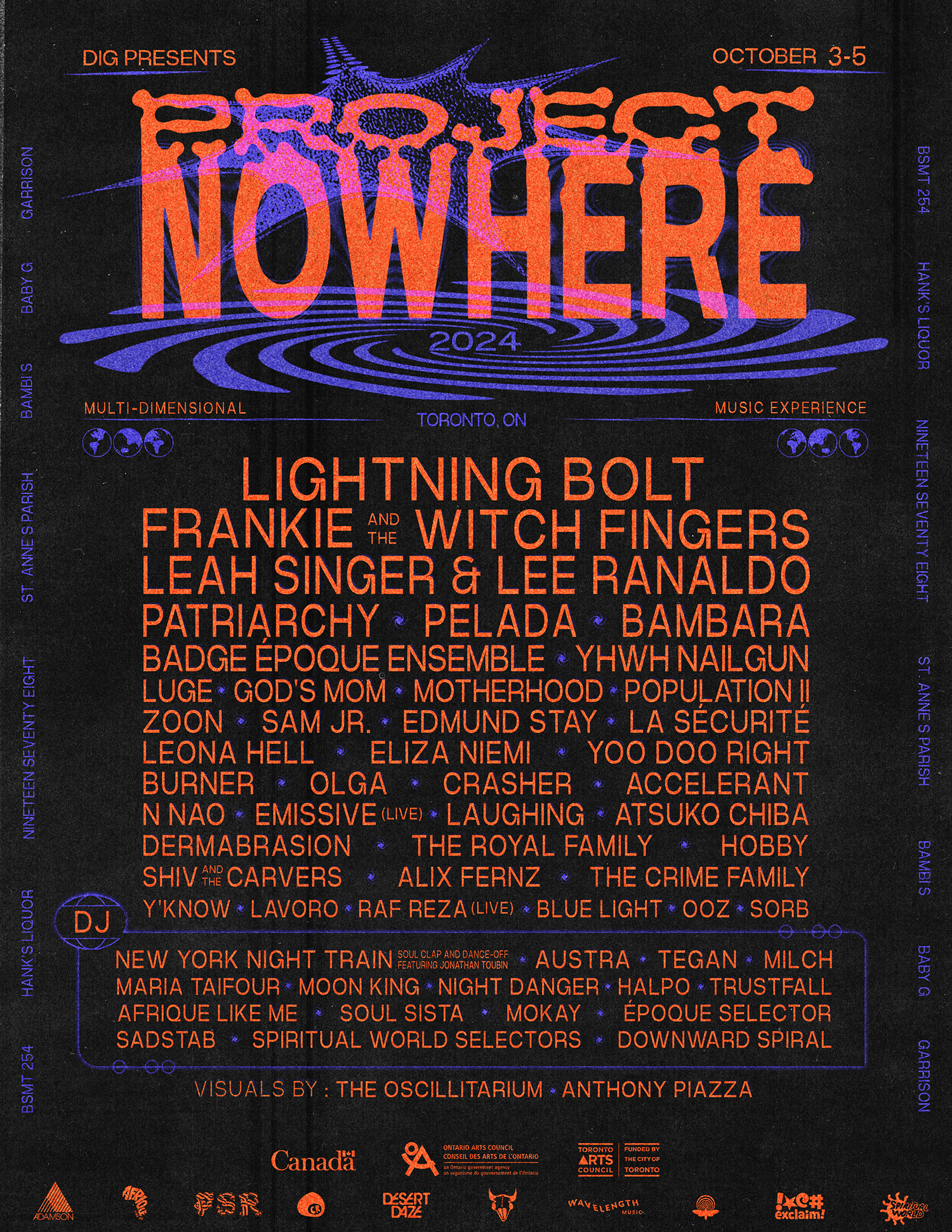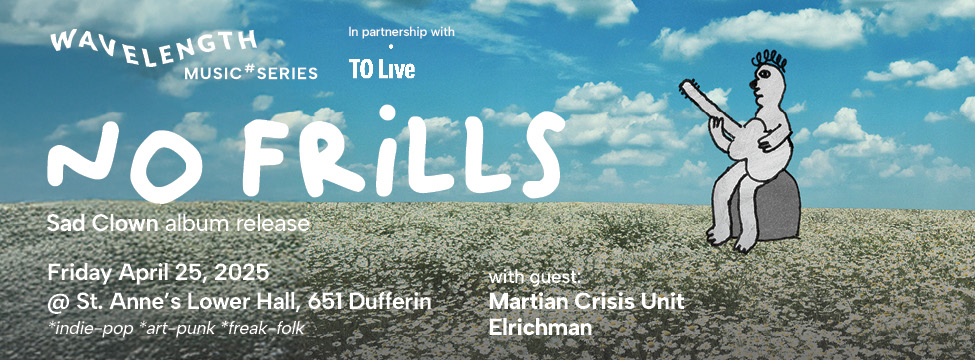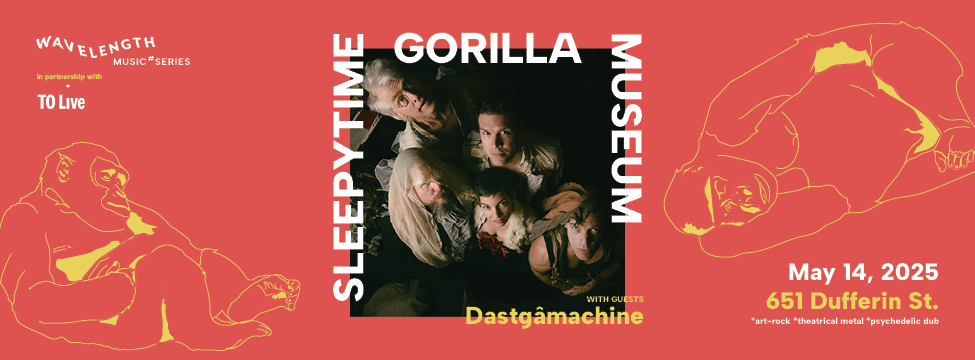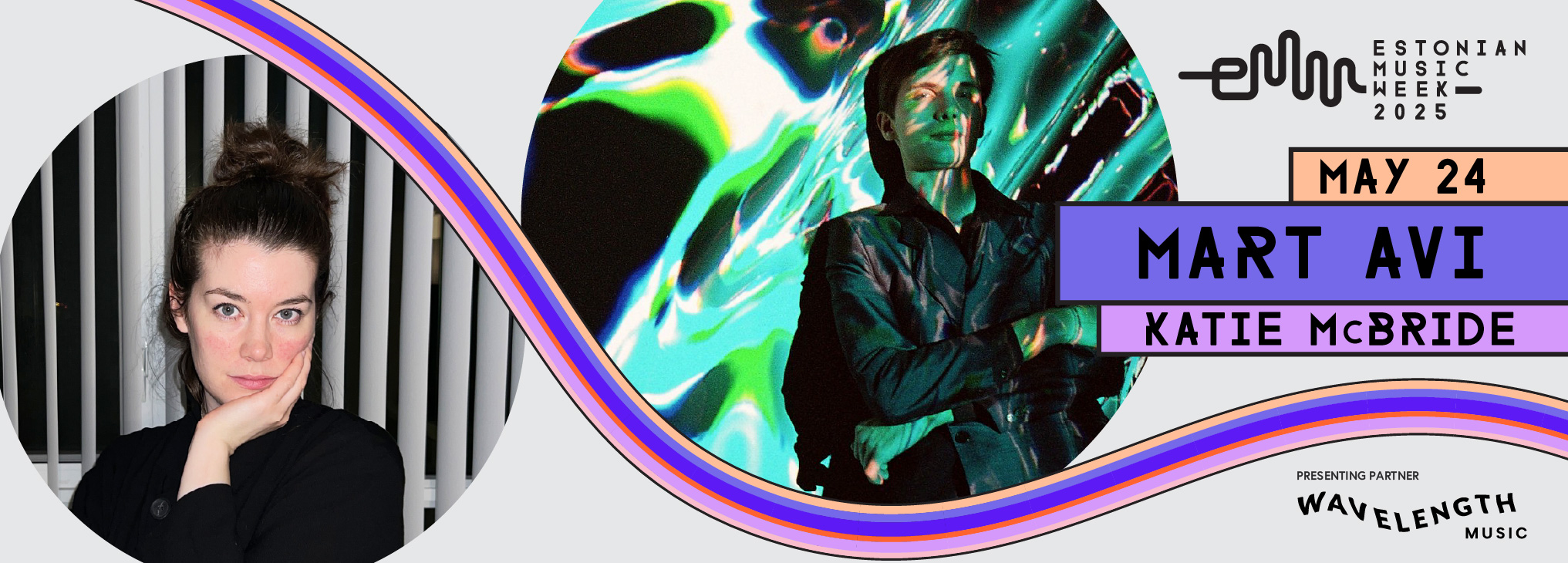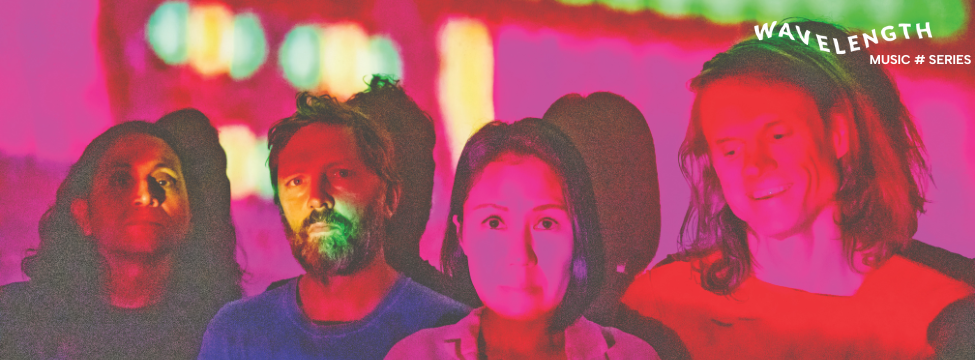Zoon created Bleached Wavves with extremely limited, often broken gear. They worked through frustrating, lengthy delays and yet managed to reverse engineer a masterpiece of a debut. With sophomore album, Bekka Ma’iingan (Bay-ka Mo-Een-Gan) a broad spectrum of possibilities, lush orchestration, resources, collaborators and friends all supported the process. Bleached Wavves provoked us to face many difficult questions and reckon with a deeply uncomfortable and painful history. Bekka Ma’iingan continues to explore their Indigenous and life experience, and while still clutching to the unresolved, it moves us more softly and sweepingly towards acceptance.
Within moments into the lead track “All Around You” otherworldly strings are ushered in, and one is assured, as always with Zoon (the intricate musical work of Daniel Monkman), to expect the unexpected. Bekka Ma’iingan: translates directly from Ojibway to ‘slow down’ and ‘wolf’. The two words aren’t meant to be directly linked but considering the past few years, Zoon has enjoyed slowing down within the space of creating this new album. Ma’iingan is also a reference to the wolf clan Daniel is a part of, a clan handed down from their father, a clan-connection Daniel only became aware of at their father’s funeral.
Gloriously intact is the shoegaze core Monkman has become known for. It rapturously arrives in full force with tracks “Care” and “Dodem.” Zoon intentionally pushes through the previously unexcavated in his work. “Shoegaze to me, always lacked colour,” remarks Monkman. “There didn’t seem to be a lot of diversity, or intricacy to it, yet it still felt really accessible, that’s why I loved My Bloody Valentine so much.” Zoon is not content to paint their work with a muted palate or stay within the traditional confines of shoegaze, but then again, they’ve already shown us as much.
Monkman proved this not only with their Polaris Music Prize shortlisted, and internationally regaled debut, Bleached Wavves, but followed with their two EPs from last year, and the sonic swings they were taking were apparent. Big Pharma featured “Oil Pastel/Dopesick” – a single with Cadence Weapon that effortlessly fused shoegaze and hip hop and “Astum” (feat. Leanne Betasamosake Simpson) which garnered 2022 ‘Best of The Year’ accolades from both CBC + Exclaim!. On the second EP, A Sterling Murmuration, Daniel unearthed decades old material, that sounded as fresh and as original as anything else Zoon has released over the past few years. Add that to a back-to-back Polaris shortlist album nomination for their collaborative work with Ombiigizi, alongside composing for film and television and we are made blissfully aware that Zoon’s musical instincts know no limits or bounds. With Bekka Ma’iingan, Monkman is continuing to rebuff any limits or expectations yet again, and fully embracing the adventure and expanse of what’s next.
Cue collaborating with Polaris Music Prize inaugural winner Owen Pallett to compose sweeping string arrangements, then performed by the FAMES Orchestra. Grammy nominated Michael Peter Olsen who is a regular in Zoon’s live band, played on the new record as did Zoon’s drummer Andrew McLeod/Sunnsetter who additionally sings on Bekka Ma’iingan’s premiere single, “A Language Disappears”. Grammy Award winning Mark Lawson mixed the album, and in a burst of creative collaboration, after meeting in Montreal, Sonic Youth’s Lee Ranaldo played on album track “Niizh Manidoowig (2 Spirit)”.
Zoon has steadfastly woven their Indigenous experience and activism into every fabric of their work. The first single to be released from Bekka Ma’iingan, “A Language Disappears” acknowledges part of a deeply hurtful history for Indigenous people: the fear of their language being forgotten and the slow abandoning of culture due to the fading conversations, traditions and a people, by past and present colonialism. “This was something I started to fear when I became a Born Again Indian in my late 20’s,” says Monkman. “For a lot of native folks, we’re taught to hide our identity, to keep us safe from the outside world. Somewhere along a native person’s journey, they start to ask questions about their heritage and where they come from.” For Monkman that meant learning about their tribe and clan, followed by language. “I started to see that learning the language was nearly impossible at the time and feared how one day Ojibway may never be spoken.”
Safety and wellness plays into another central theme to Monkman’s new work in acknowledging their own ‘2-spirit’ identity. This comes forward in the instrumental album track, titled “Niizh Manidoowig (2 Spirit).” The choice to more openly share that side of themselves now, is partly in hope of supporting others who may not feel or be in a safe space to show or be themselves yet.
“I wrote ‘Niizh Manidoowig’ while thinking about our ancestors who may have been niizh. I found a lot of peace knowing that there were others way before me. Sometimes growing up not around your own people you start to forget about your past.” It was a long journey for Monkman. “Growing up on the rez with my dad’s family in the late 2000’s was like entering a different world,” says Monkman, who always felt like an outsider because of being of mixed blood. When they were young, they connected with a queer/2-spirit person. “I knew then I was different and could feel it in the way I was perceived in the world.” Monkman knew the word ‘ninjichaag’, which means ‘the spirit within’ and after they left the rez, they would run into others who had also formerly teased Monkman about their energy. “I always wondered if they too were ‘ninjichaag’”.
“This album is about acknowledging a part of me that I felt was there the whole time.”
Photo by Vanessa Heins


